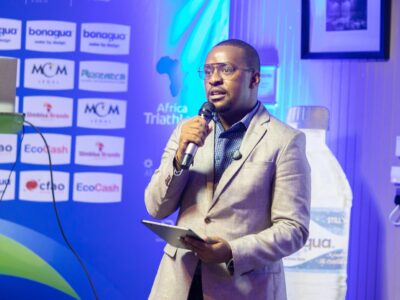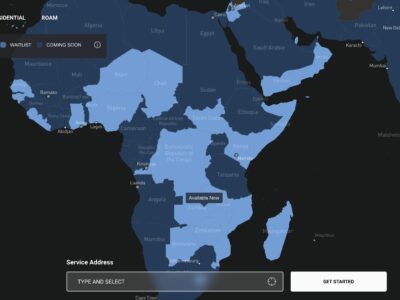In a controversial move that has sparked heated debates, Papua New Guinea has blocked access to Facebook in an effort to combat the growing problems of misinformation, hate speech, and pornography. The government’s decision, which began on Monday, is being framed as an experimental measure, a “test” that authorities say will help protect citizens from the dangers of harmful online content. However, the action has met with significant pushback from critics, who view it as an infringement on freedom of speech and a step toward political control.
The block has led to widespread concern, particularly among the 1.3 million Facebook users in the country. The social media platform has become the most popular digital tool in Papua New Guinea, especially for small businesses that rely on Facebook for advertising, sales, and customer engagement. It also plays a crucial role in public discourse, filling the gap left by the country’s declining press freedom. This ban is not just about restricting access to a platform,it’s about stifling the very channels that many Papua New Guineans depend on to communicate and share information.
Peter Tsiamalili Jr, the country’s Police Minister, defended the move by asserting that the government’s primary goal is to safeguard citizens from harmful content, rather than to limit free speech. “We have a duty to protect the public from the dangers of misinformation and harmful material,” he stated, urging that the ban is temporary and part of a broader effort to ensure a safer online environment for the nation’s people.
Despite these assurances, the ban has sparked concerns from various quarters. Neville Choi, the head of Papua New Guinea’s Media Council, condemned the decision, warning that it could be seen as a step toward restricting political freedom and a violation of citizens’ rights to access information. Choi also pointed out that the two government agencies overseeing communication and technology were not consulted in the decision-making process, a significant point given that the police claimed to have collaborated with them. This raises questions about the transparency and legitimacy of the process.
Opposition MP Allan Bird took to Facebook to voice his alarm, stating that the government’s actions risked pushing the country into dangerous authoritarianism. “We are now heading into dangerous territory, and everyone is powerless to stop this tyranny,” Bird lamented. This sentiment was echoed by many, who believe that the decision marks the beginning of broader government control over online discourse.
Adding to the complexity of the situation is the recent introduction of counter-terrorism laws that grant the government sweeping powers to monitor and restrict online communication. These laws, while framed as security measures, have caused unease among those who fear they could be used to stifle political dissent and suppress freedom of expression.
As the ban continues, many Papua New Guineans are finding ways to bypass it, with many turning to VPNs to access Facebook and other blocked services. John Pora, the head of the Small and Medium Enterprises Corporation, voiced concerns for the businesses that rely on Facebook for their operations. With the country’s e-commerce landscape in limbo, he hopes that the government will reverse the ban soon, allowing businesses to regain their vital access to the platform.
This is not the first time that Papua New Guinea has attempted to curb Facebook’s influence. In 2018, the government briefly blocked access to Facebook to combat the issue of fake profiles. This recent ban comes just after the government launched an inquiry into “fake news” and social media, signaling a more aggressive stance on digital regulation.
While the government insists that the Facebook ban is a short-term measure aimed at safeguarding public well-being, the move has raised serious concerns about digital freedoms, the future of social media in Papua New Guinea, and the increasing use of government power to regulate online platforms. As the nation grapples with these complex issues, the outcome of this “test” will likely have lasting implications for the relationship between technology, government, and society in Papua New Guinea.













Comments